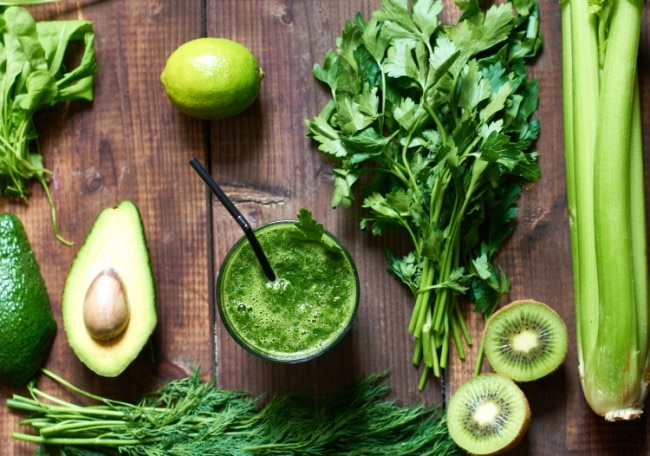Most of us know that fruits, vegetables, nuts, legumes and other natural foods are good for the body. But are they also good for the mind?
New research suggests that eating a diet rich in such whole foods can keep depression at bay, says Simon Evans, an assistant research professor in the Department of Psychiatry at the University of Michigan.
Evans says evidence for this capacity to fight depression is strongest for foods containing omega-3 fatty acids, which are found in:
- Fish such as salmon, mackerel, herring, lake trout, sardines and albacore tuna
- Nuts
- Leafy vegetables
- Flaxseed
“This may be due to the anti-inflammatory properties of omega-3s,” Evans says. “There is increasing evidence that systemic inflammation is a factor in many cases of depression.”
By contrast, researchers are finding that consuming other types of food – particularly processed foods – increases the risk of mood disorders.
For example, Evans says a diet high in sugar has been linked to mood problems.
Evans says the mechanisms that cause diet to impact mood remain poorly understood. But it’s becoming clearer that such an association does indeed exist.
“Diet does impact the way you feel,” he says. “If you are at risk for mood disorders, then it’s even more important.”
How eating the wrong diet makes you sad
These new findings suggest that many popular dietary behaviors may be counterproductive for people prone to depression.
For example, for years many people avoided all high-fat foods – including foods rich in depression-fighting omega-3 fatty acids – in hopes of losing weight.
“I believe that the low-fat diet craze was not a good thing, especially for folks at risk of mood disorders,” Evans says.
Meanwhile, the amount of sugar in the average American’s diet has been gradually increasing over the years.
The combination of avoiding all fat while consuming ever greater amounts of sugar from soda and other sources has become “a recipe for both mood and metabolic health problems,” Evans says.
How to lift you mood through food
So what type of diet should you consume?
A recent 10-year study recently published in the journal BMC Medicine looked at three diets:
- The Mediterranean diet. This is a primarily plant-based diet – including fruits and vegetables, legumes and nuts — that also encourages eating fish over red meats.
- The pro-vegetarian dietary pattern. A diet that encourages primarily vegetarian foods, with a reduction in meat.
- The Alternative Healthy Eating Index – 2010. This diet is similar to the Mediterranean diet and emphasizes whole foods and foods with omega-3 fatty acids.
Researchers found that moderately adhering to any of the three diets is linked with reduced risk of depression.
The University of Michigan Depression Center also recommends several dietary changes that can help you stave off depression. They include:
Take a multivitamin. A lack of the vitamins B6 and B12 has been linked to depression.
Eat green, leafy vegetables. These foods are rich in folic acid, and a deficiency of this vitamin has been linked to depression.
Get some sun. Anxiety and fatigue – two symptoms closely associated with depression – have been tied to a lack of vitamin D. Exposure to the sun helps the body make this vitamin, but if your levels remain low, you may need to take a supplement.
Eat fish. As mentioned earlier, omega-3 fatty acids appear to significantly reduce the risk of depression. They can be found in tuna, salmon and sardines. You can also get omega-3 fatty acids in fish oil supplements.
Evans urges people to use simple common sense when planning their diet.
“The best current advice is no different than what your mother can tell you about eating a healthy diet,” he says.
Choosing a heart-healthy diet – which is rich in whole foods, and which generally includes eating fish twice weekly – is one smart way to go.
“We know that what’s good for the heart is also good for the brain,” Evans says.

